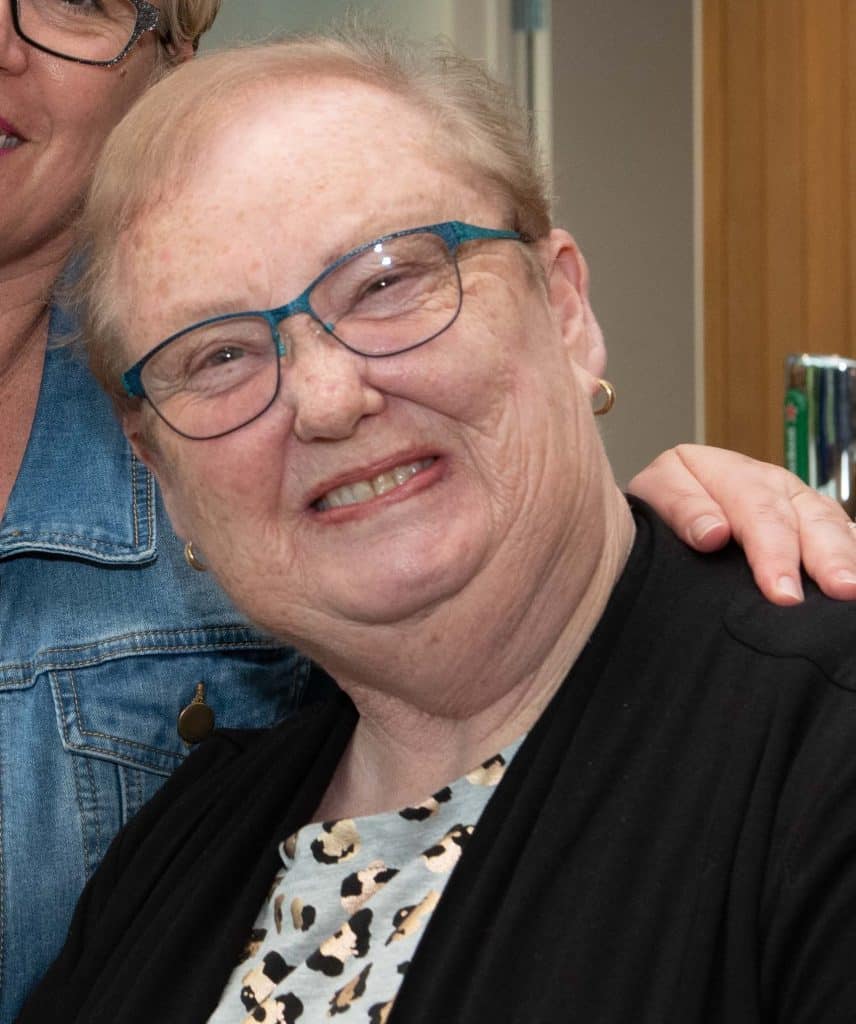When Trish Kerr turned to outreach nursing in the Hutt Valley nine years ago, decades after training and working as first an enrolled nurse and then registered nurse, she could not have anticipated how considerably more complex her role would become in that time. What started out as a three-month contract with Te Awakairangi Health Network turned into nine years supporting many of the Hutt Valley’s most vulnerable patients living with multiple and complex health needs.

Having made the decision in late 2022 to retire in March 2023, Trish reflects on her fulfilling nursing career and what has changed for the better in that time as well as systemic and unique challenges of the role.
When I first started, the referrals we received were straight forward; check blood pressure, help with diabetes management or medication compliance and transport to medical practices or specialist services. In the last few years, and especially since COVID-19, referrals are much more complex in nature. The lack of GP appointments due to immense pressure within primary care has increased our workload as more and more patients call us in crisis for support.
Trish believes that her sixteen years’ experience at the Hutt Hospital psychiatric unit early in her career gave her valuable tools for connecting meaningfully with outreach patients to effect true behaviour change.
We draw heavily on the holistic Te Whare Tape Wha Model of Care to support a patient and whanau’s health and wellbeing. The anxiety and stress we are seeing in the community over the last few years and since COVID-19 is evident in all aspects of a patient’s life. What may seem like a straightforward referral, for example trying to reengage a diabetes patient with general practice for a medication review is the tip of the iceberg once we get to see the patient at home. Housing issues, financial stress, food poverty and unemployment, caring for sick family members, poor transport options and limited childcare to attend appointments are frequent examples of what I see. Their own health is often not the most important issue for them.
Trish has been a key driver of Te Awakairangi Health Network’s rheumatic fever management programme, an initiative that relies on the close relationship between our outreach nurses and the young rheumatic fever patients and their families. Despite challenges of confirming appointments, transience, and changing circumstances of the young people being treated under the Bicillin programme, the nurses have fostered high adherence rates of injections with an ever-increasing number of young people in the Hutt Valley. Overall, Bicillin injections are being given on time and are well received by patients because of the rapport between them and the nurses.
In most cases, I will be the only health professional the patients/family ever see regularly. There are more conversations now regarding wellbeing of the patients and their family. The number of referrals to Well Homes has increased. During COVID-19 there was increased anxiety around school issues and became even more stressful getting patients to their cardiology and GP appointments in timely manner. Even more I was a listening ear and had to do more to assist the whole family with everyday issues. In the last three years alone, I have helped support patients with situations such as family deaths, miscarriages, weddings, births of babies and a serious assault – things that fall outside of the traditional outreach job description.
Despite the challenges, Trish has loved the flexible self-directed nature of the role and being welcomed into patients’ homes. Seeing them engaging better with healthcare, becoming more educated about their conditions, and understanding the importance of taking medication is a win. Improved communication over the last nine years between the outreach nurses and district nurses, community hubs, aged care, and diabetes services as well as the advent of Health Improvement Practitioners and Health Coaches means that there is more coordinated support for outreach patients generally.
Communication has improved with DHB Specialist Services staff, Mental Health Services and other outside agencies that we work with such as local food banks, Māori and Pacific Health Services, dentists, podiatrists and pharmacies. This has taken a lot of time and encouragement but has all helped to improve patient outcomes. In effect the outreach nurse role has become a coordinator of services for our patients.
Trish leaves her role knowing that she has made a difference in many peoples lives. She would encourage any nurse with some community exposure to consider this as the next step in their career.
